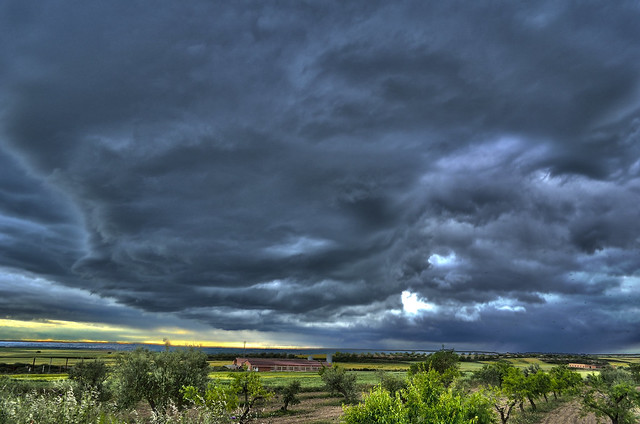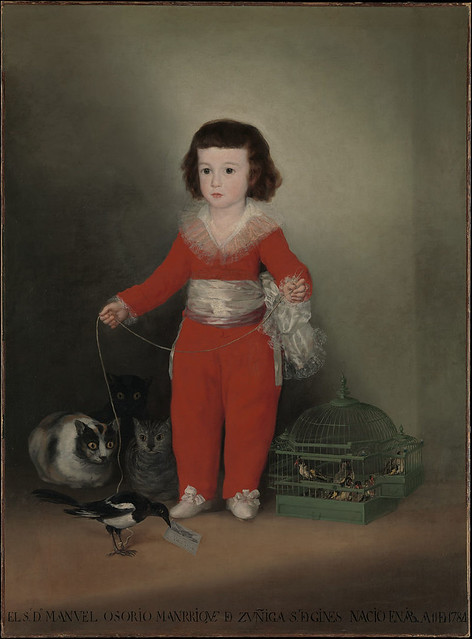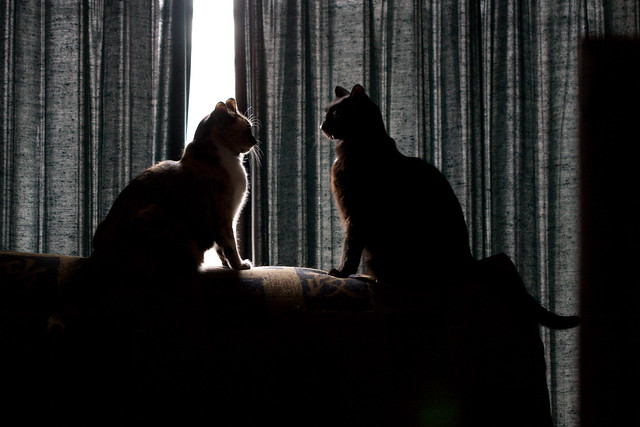Welcome to Word Buzz Wednesday, your go-to place for the most interesting words of the week. The latest: in the better mood, forensic fallacy, too many storms.
mood repair
“Even weirder is if you ask people why they’re sitting down in front of the screen in the first place or why they’re picking a particular television show or film, they’ll explicitly mention what’s known as ‘mood repair.’”
Jessica Firger, “Why ‘This Is Us’ Makes You Cry So Much,” Newsweek, September 29, 2017
Mood repair is the attempt to shift one’s mood from negative to positive, or to avoid negative feelings. While some mood repair strategies can lead to procrastination — “I imagine that cleaning my house is boring so I’ll watch TV instead” — it can also be used to complete those dreaded tasks, such as imagining a clean house. The mood repair strategy of recalling positive autobiographical memories has been shown to improve sad moods.
wayfinding
“Hawkins said the welcome sign is part of what’s called wayfinding — giving the city its own brand and letting visitors and residents know what the community has to offer.”
Bob Gross, “Signs help St. Clair toot its own horn,” The Times Herald, October 2, 2017
According to the Society for Experiential Graphic Design, wayfinding refers to “information systems that guide people through a physical environment and enhance their understanding and experience of the space.” In cities, wayfinding involve “signage and information systems for both pedestrians and motorists, who each have unique challenges navigating streets and roadways.”
chicken pickin
“I’ve worked on different approaches to chicken pickin’ techniques for years, and I love to incorporate this distinct sound into metal-style solos.”
Mike Orlando, “Using Country-Style ‘Chicken Pickin’ in Metal,” Guitar World, October 2, 2017
Chicken pickin’, says Guitar World, is a “distinct country-style [guitar] picking approach.” It involves “hybrid picking,” a technique in which “one alternates between notes picked with a downstroke in a conventional manner and notes that are fingerpicked.” It’s perhaps named for the chicken’s pecking motion.
CSI effect
“Despite that, the shows have led to a so-called ‘CSI effect’ in court cases where jurors expect forensic evidence to be presented.”
Melissa Locker, “John Oliver Casts Josh Charles as ‘CSI: Crime Scene Idiot’ on Last Week Tonight,” TIME, October 1, 2017
The CSI effect refers to the expectation created by forensic television shows that “every trial must feature high-tech forensic tests,” says NPR, and that the lack of such tests might lead juries to wrongfully acquit guilty defendants.
500-year storm
“Allison was what’s known as a 500-year storm.”
Brittanie Shey, “Houston after Harvey,” Curbed, October 2, 2017
A 500-year storm or flood is one that has only .2% chance of occurring in any given year. Houston has already seen three 500-year floods in the past three years.






